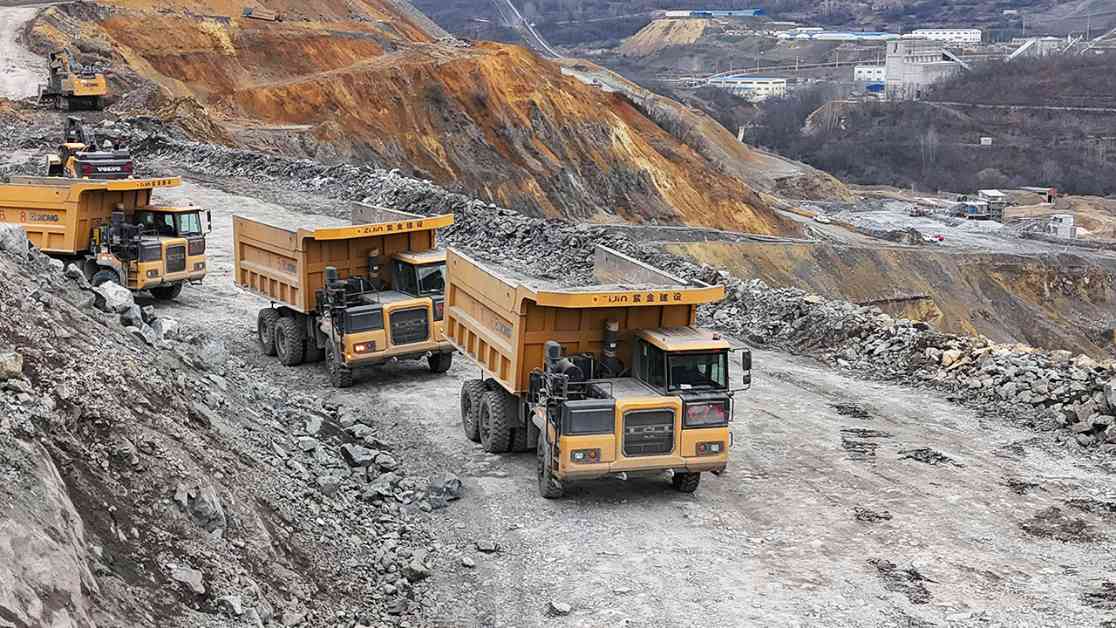China’s Dominance in Global Mineral Supply: Implications and Impact
China is tightening its grip on the world’s minerals, causing concern among Western policymakers. With the global push to decarbonize the economy and the increasing demand for minerals to support the growth of data centers for advanced artificial intelligence systems, China’s aggressive pursuit of mineral resources is raising eyebrows worldwide.
Last year alone, Chinese companies invested approximately $16 billion in overseas mining operations, excluding minority investments. This significant investment underscores China’s determination to secure a steady supply of vital minerals to support its economic growth and technological advancements.
The implications of China’s dominance in global mineral supply are far-reaching and have sparked debates among experts and policymakers. The increasing control of key mineral resources by China has raised concerns about the potential for supply disruptions and price manipulation in the global market. Western countries, in particular, are wary of China’s growing influence over essential minerals critical for various industries, including renewable energy, electronics, and telecommunications.
Experts Warn of Consequences
Industry experts warn that China’s dominance in global mineral supply could have serious consequences for countries reliant on these resources for their economic development and technological innovation. The lack of diversified sources of minerals could leave many nations vulnerable to supply chain disruptions and price fluctuations, potentially impacting their ability to meet the growing demand for essential minerals.
Geopolitical Implications
Moreover, China’s increasing control over global mineral supply raises geopolitical concerns, as it consolidates its influence over key strategic resources. The competition for access to critical minerals has intensified, leading to heightened tensions between China and other major economies seeking to secure their own mineral supply chains.
The Race for Resources
As the global demand for minerals continues to rise, the race for resources is intensifying, with countries scrambling to secure their access to essential minerals. Western policymakers are now faced with the daunting task of devising strategies to reduce their dependence on China for critical minerals and diversify their sources of supply to ensure their long-term economic and technological security.
In conclusion, China’s dominance in global mineral supply is a pressing issue with significant implications for the global economy and geopolitics. As the world grapples with the challenges of meeting the growing demand for minerals, it is essential for policymakers to address the strategic importance of securing a stable and diversified supply of essential minerals to support sustainable economic growth and technological innovation.
—
As a child, I remember being fascinated by rocks and minerals, collecting shiny stones and dreaming of uncovering hidden treasures. Little did I know that these minerals would become the cornerstone of modern industries and technologies, shaping the future of our world.
Now, as I read about China’s tightening grip on global mineral supply, I can’t help but reflect on the intricate web of connections that link us all through these precious resources. The race for minerals is not just about economic power or technological advancement; it is about securing the foundation of our shared future.
What can we learn from China’s aggressive pursuit of mineral resources? How can we ensure a sustainable and equitable distribution of essential minerals to support global development? These questions are not just for policymakers and experts to ponder; they are for all of us to consider as we navigate the complexities of a world increasingly dependent on minerals for progress and prosperity.



















